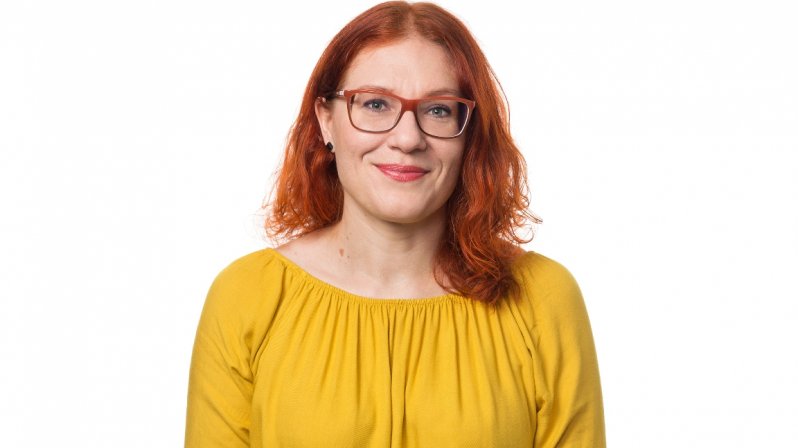PAM’s Annika Rönni-Sällinen: Worrying about earning enough is a threat to women’s health in service sectors
Nearly 40 per cent of women working in service sectors are worried about being able to cope. Annika Rönni-Sällinen, President of Service Union United PAM, thinks one of the reasons for women suffering from burnout at work is constant uncertainty about earnings due to substandard employment contracts.
The latest Quality of Work Life survey by Statistics Finland shows that the share of women who consider serious burnout a clear risk in their work has more than doubled in five years from 8 per cent to 19 per cent.
“I believe that constant insecurity is a major factor predisposing service sector employees to work burnout. Part-time and insecure employment have become an ever more typical form of employment, especially for women. The constant fear that your pay won’t be enough to live on is bound to affect a person’s health and wellbeing, Annika Rönni-Sällinen points out.
PAM’s survey in 2020 shows that women are more worried than men about their future in the labour market. Almost 40 per cent of women responding to the survey said they were worried about being able to cope.
“It’s no wonder they’re stretched to the limit. There’s more hurry and stress if part-time and agency employment can mean you’re getting your income from several different workplaces. Changing work environments and uncertainty about whether you’ll have enough working hours and wages are bound to create pressure”, Rönni-Sällinen states.
According to Rönni-Sällinen, the solution to improving workers’ health and increasing wellbeing at work lies in better-quality employment contracts and a change in workplaces practices and the general atmosphere in society.
“We need high-quality employment with more predictability in incomes and, for example, working hours. Knowing when you will be able to have a day off also helps you to cope. Even one sick day due to burnout is too much. Work must not be at the expense of anyone’s health”, Rönni-Sällinen points out, and continues
“Whatever their form of employment, every worker should be able to take a proper holiday and have consecutive days off. Being able to influence your own work is also important. Involving employees for example in planning work shifts can help to coordinate weekday schedules and work.”
PAM’s survey also reveals that women are more worried than men about how having a child will affect their position in working life.
“This ought to be different. No-one should be stressed out if they want to have a family and do their job well. I am happy at the way the family leave reform strongly promoted by Sanna Marin’s government is moving ahead. We need more policies like this. Family wellbeing and parental equality can at best improve women’s position in society and working life”.



